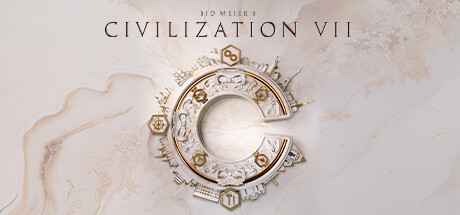"the core design of the franchise" is an emotive point.
"finding it fun" is an emotive point.
It's like high-level RTS players identifying problems in game balance. These are valid pain points players are raising.
They are not, however, solutions. "don't do the thing I don't like" is not a solution.
Which is why developers in my RTS example still ultimately make the changes to balance in the end.
You can argue that Crises are a mistake. So what does Firaxis replace them (or Age transitions) with?
How does the franchise continues to innovate to ensure future success if "remove it" takes away what is actually new about this entry? If a hypothetical Civ VI 2.0 is a success this time around - what would be next?
These are the design arguments that need answering. This is the burden the developers have. Even if "remove the big swings and it magically makes a success" works this time, what does next time look like? Are remasters all people want now? Is that the future we're looking at?
Because as a longstanding Civ fan, that's kinda depressing.
Brother, what people are asking for is a bit of subtlety. People don't like the way the harsh transitions break up the gameplay. That's the emotive stuff we're talking about right?
Let's address it from a design perspective.
They labelled the snowballing as a major issue.
They should look at bringing the AI and the players closer together to keep the challenge in, prevent players from exiting games too early, prevent leads from getting too long.
I'm not going to just say "get on with it" to the developers and expect a magical solution. So I'll present my idea, and others can present, then it becomes a useful dialogue.
My suggestion is to bring back some stuff like Corruption or Health. Anti-yields that go up when your empire sprawls too much. Then you need to address them with structures and policies.
If you want the AI to continue to cheat, then give the AI a bone and have these mechanics affect them less.
Make the mechanics mild so that they don't cause frustration, and cap their effect to a certain value like -25% production at most.
To add to the narrative of the game, have high corruption, and low health values, produce random events, like Rebellions and Plagues. Players will enjoy inciting events on enemies, overcoming negative events and learning from past mistakes - eg. "Now I've learned to keep Hospitals so I don't get affected by Plague like my opponents".
That's just one idea. Would it be better than what we have already? Who knows. But it address the complaint without compromising on what the original feature was designed to do.


